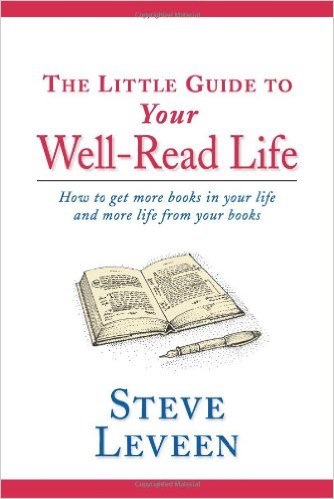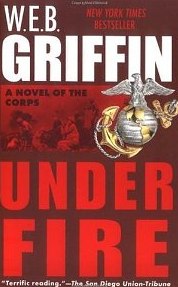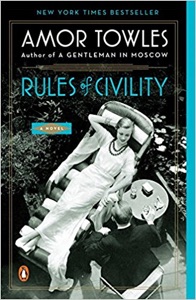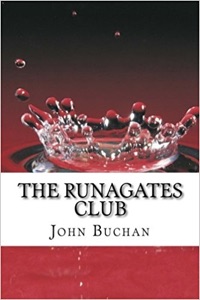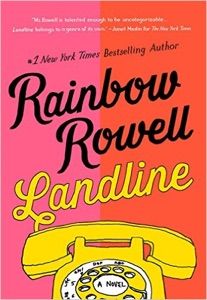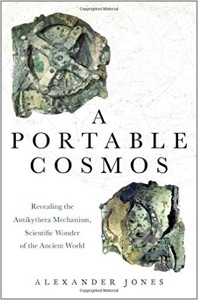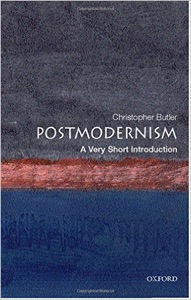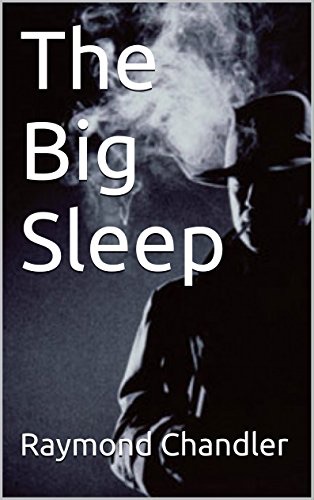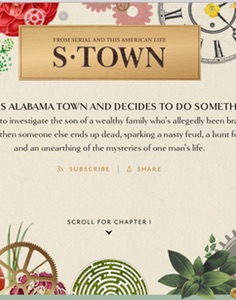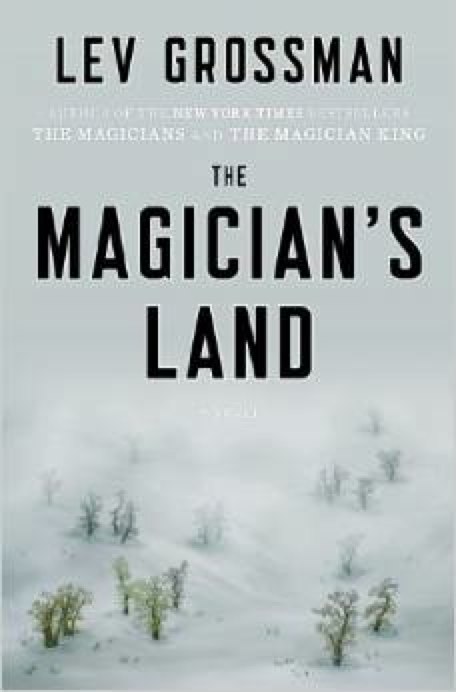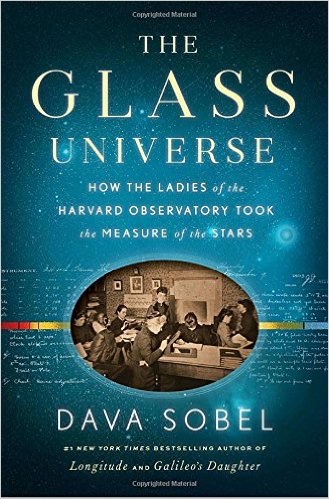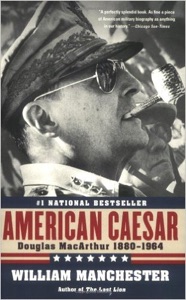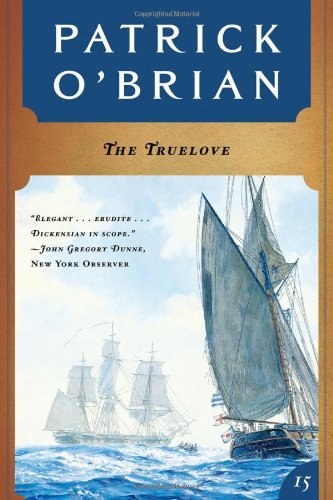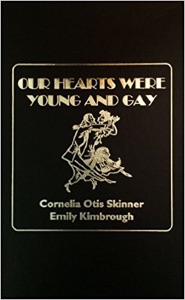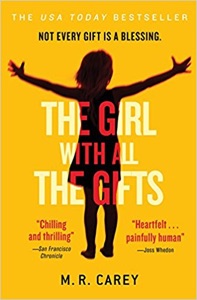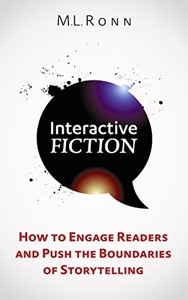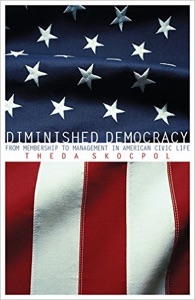A pleasant little book by the founder of Levengers, the estimable mail-order company. Leveen, who founded a company that sells tools for readers, is not himself as much of a reader as he wants to be, and he’s anxious about that.
The bulk of the book is a proposal to create a library of books you might want to read someday, alongside your library of books that you’ve already read. Planning your reading is, of course, a theme to which I return often; my own haphazard journey from title to title seems undisciplined and arbitrary. A good list of prospects makes sense, and the advent of ebook readers means that you can carry those shelves of books to read eventually with you all the time.
Leveen is a big fan of audiobooks, and to me he’s preaching to the converted.
What’s missing here is systematics: how might we think about shaping a month’s reading, or a year’s, rather than focusing exclusively on what you will read next. Surprisingly little has been written about this important and perplexing question.
August 2, 2017 (permalink)
